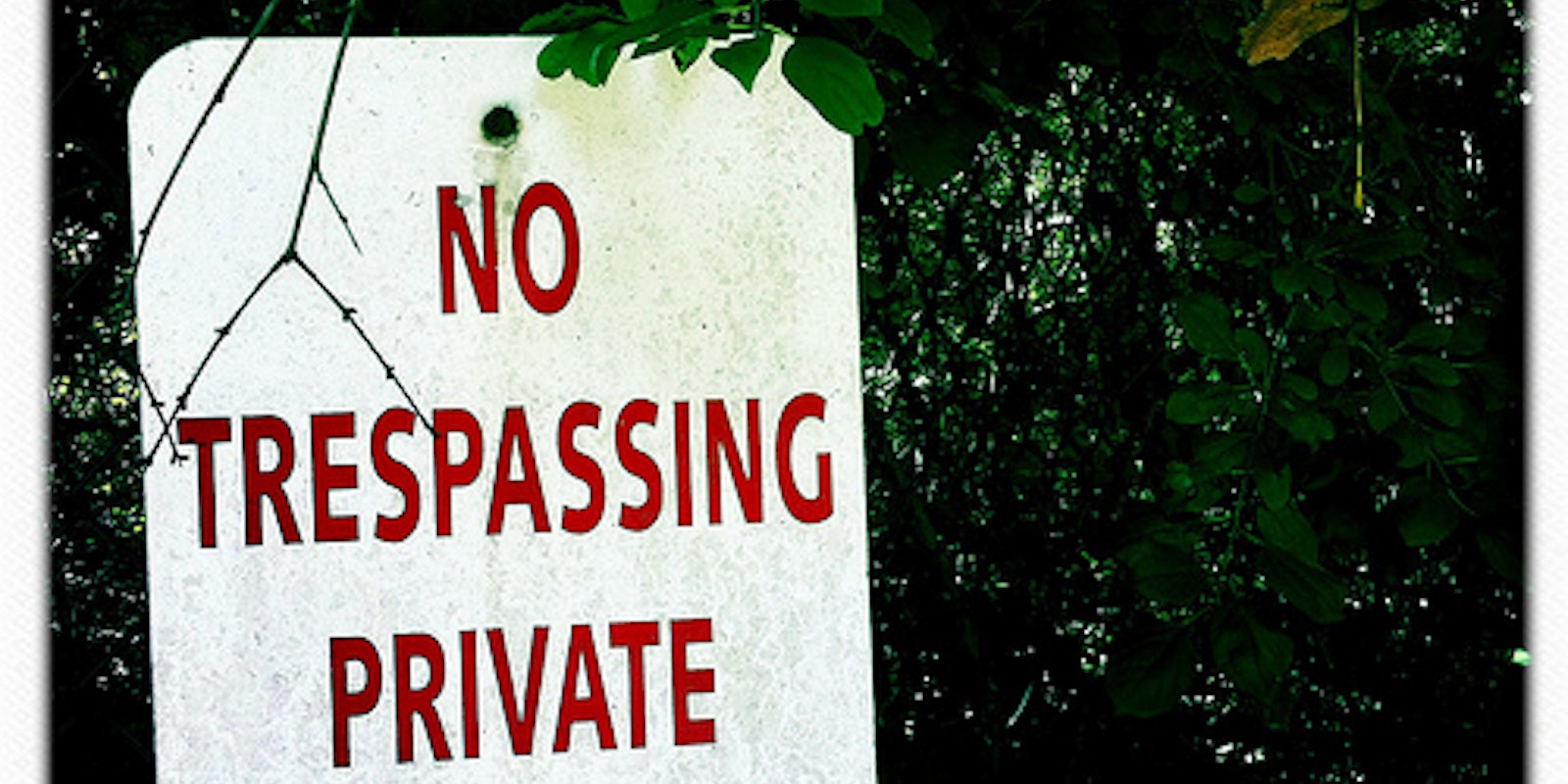Search your email with the term “disclaimer.” It is unlikely you will find fewer than half a dozen results. You may well get dozens. You probably ignored them as they came in, and that’s for the best. You see, legally speaking, when it comes to privacy, they are as worthless as they are omnipresent.
Here is one example of a typical disclaimer.
“Disclaimer: This email and any files transmitted with it are confidential and intended solely for the use of the individual or entity to whom they are addressed.”
Here’s another:
“CONFIDENTIALITY NOTICE AND DISCLAIMER:… If you are not the intended recipient of this e-mail, you are prohibited from sharing, copying, or otherwise using or disclosing its contents.”
And another:
“CONFIDENTIALITY STATEMENT: This email message is for the sole use of the recipient(s) and may contain confidential and privileged information. Any unauthorized review, use, disclosure or distribution is prohibited.”
Have you identified the element that makes them about as legal as self-printed currency? Let attorney and author Adam Freedman explain it.
“[A]n email disclaimer does not create a contract with an unintended recipient. Contracts require a ‘meeting of the minds’—they cannot be dictated unilaterally.”
In other words, no one can, by dint of a bunch of legal gibberish at the end of an email, enforce on you a contractual relationship. So if your idea of protecting your privacy is to tell someone you send an email to that they can’t nuh-uh no way share the information, you are dead in the water.
“[A] footer stating that nothing in the e-mail should be used to break the law would be of no protection to a lawyer or financial adviser sending a message that did suggest something illegal,” wrote The Economist, “So why are the disclaimers there? Company lawyers often insist on them because they see others using them.”
There are some instances in which disclaimers are valid, but only when they are simply registering a truth already enshrined in law. “You can’t share this email” is probably legally unenforceable. “You can’t murder the sender of this email” is, but only because murder is already illegal. The disclaimer doesn’t make it so.
Freedman admits to using a disclaimer himself. His rationale is not that the disclaimer creates an enforceable situation. Instead, should you claim his blog constitutes legal advice and it does not turn out well for you and you figure he is legally liable, the disclaimer will add to evidence that you and he do not have an attorney-client relationship.
In fact, email disclaimers range in public mood from preposterous to a waste of valuable time. To the former category belong the “longest email disclaimer” on Lawyerist and the Register’s decade-old Email Disclaimer Awards (its Longest Disclaimer award beats out Lawyerist’s by a comfortable margin). To the latter belongs this rather prolix complaint from the Wall Street Journal and this article by the Chicago Tribune’s Ameet Sachdev, which hits close to home for a reporter.
But the key issue of import to Daily Dot readers interested in real email security is this: If you believe that by including a privacy disclaimer in your email you are indemnifying yourself against legal action, whether seizure or use of email information in a court case against you, you are mistaken.
Photo by Seth Anderson/Flickr
